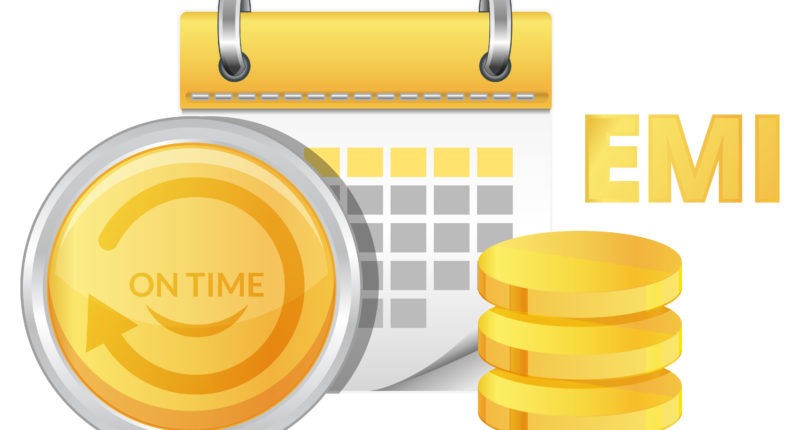As per the data revealed by the National Payments Corporation of India, the percentage of failed auto-debit transactions has seen a dip in March compared to February. In March, failed auto-debit transactions stood at 32.76%, while in February, they stood at 36.6%. Recurring EMI payments such as insurance premiums, loan instalments, etc., concerning retail customers witnessed a dip in March.
Failed auto-debit requests executed via the National Automated Clearing House (NACH) platform are termed bounce rates. The NACH platform is mostly used to collect payments concerning insurance premiums, loans, and investments in mutual funds. This bounce rate has been declining from what it was during the initial days of the pandemic.
In 2020, April and May witnessed a bounce rate of 36 to 38%. In June, failed auto-debit requests reached their peak, standing at 45.36%. In July, it stood at 42%. It stood at 40.3%, 40.83%, and 40.5% during August, September, and November. In December, it was slightly more than 38%. In January 2021, approximately 36% of auto-debit requests were rejected.
In June 2020, the dip in auto-debit transactions reached its peak, with the failure rate being more than 45%. This failure rate is gradually declining, and hence there has been an increase in the regularity of consumer EMI payments.
Mostly, the reason behind failed auto-debit requests is inadequate balance in a consumer’s account. In 2020, the high bounce rate clashed with the peak months of the COVID-19 pandemic, which resulted in millions of people losing their jobs; the pandemic devastated the economy completely.
Industry experts anticipate that with the accelerating second wave of COVID-19, banks’ bad assets might increase to as much as 1%. They have also estimated that the bounce rates may again reach their peak considering the disruption in business activities caused by localised lockdowns.
For any clarifications/feedback on the topic, please contact the writer at bhavana.pn@cleartax.in
Bhavana is a Senior Content Writer handling the GST vertical. She is committed, professional, and has a flair for writing. When away from work, she enjoys watching movies and playing with her son. One thing she can’t resist is SHOPPING! Her favourite quote is: “Luck is what happens when preparation meets opportunity”.





